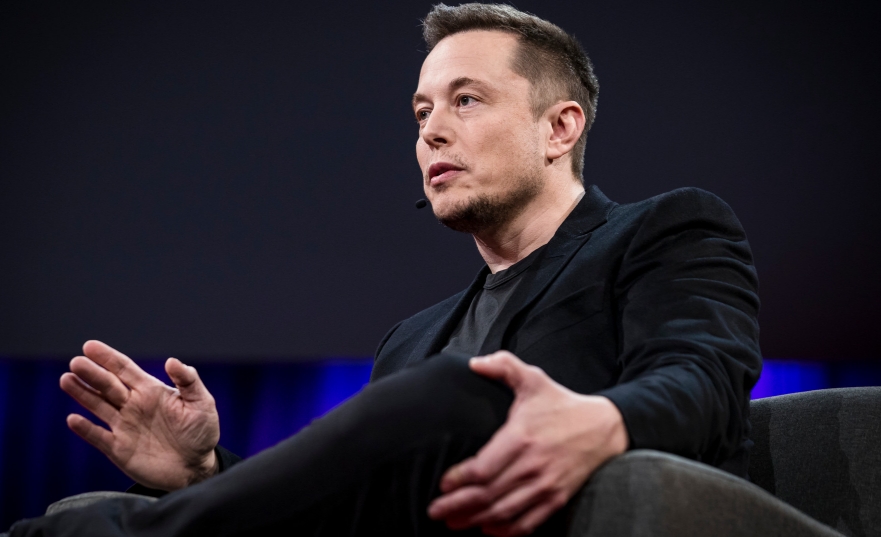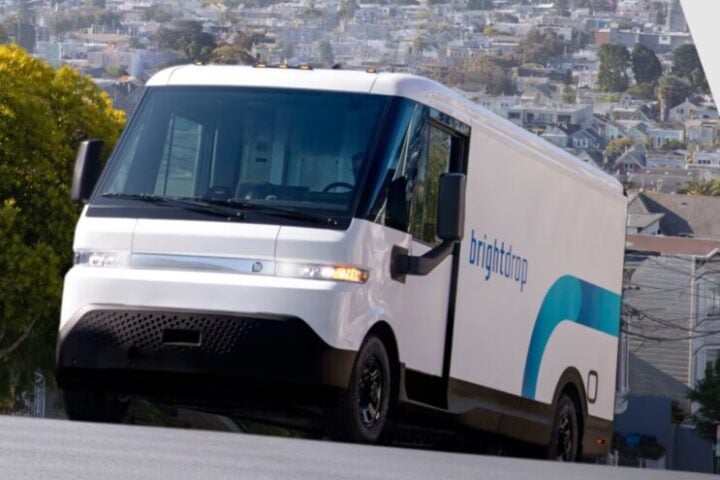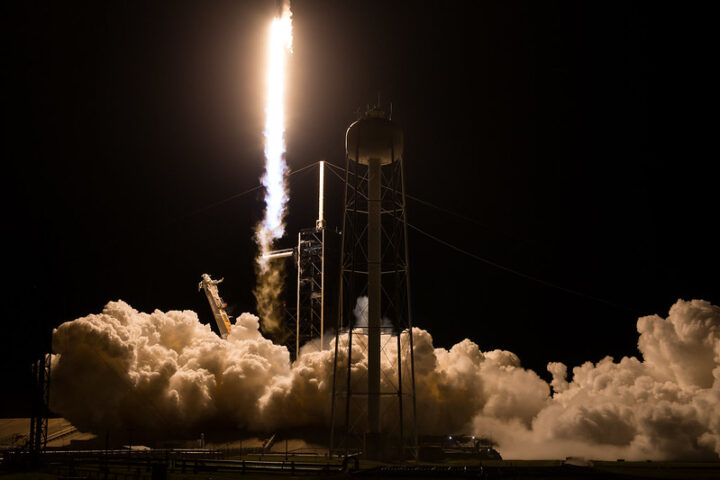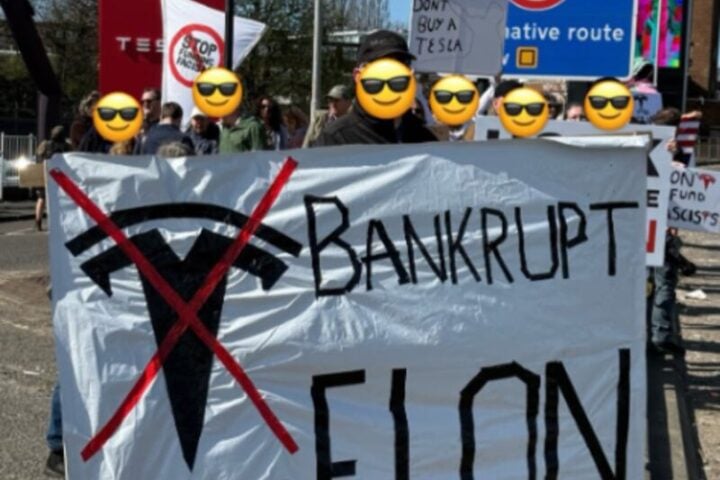Elon Musk’s foray into the Brazilian market, particularly with his social network X and satellite internet service Starlink, has hit a formidable wall. Brazil’s Supreme Court, led by Justice Alexandre de Moraes, has taken a firm stance, suspending X after repeated legal non-compliance. This isn’t merely about missing paperwork—Musk’s companies have ignored court orders related to controlling the spread of misinformation and ensuring accountability, something Brazil’s judiciary doesn’t take lightly.
X, used by around 40 million Brazilians monthly, became a platform for extreme right-wing groups, particularly those aligned with former President Jair Bolsonaro. When the Supreme Court ordered X to remove these profiles to curb the spread of falsehoods and hate speech, Musk refused, branding De Moraes an “evil dictator.” This standoff reached a climax when Musk withdrew X’s legal representatives from Brazil, prompting De Moraes to freeze Starlink’s accounts to ensure X pays fines of approximately $4 million.
Starlink, with its 215,000 active lines in Brazil, mostly in the Amazon, is now at risk of losing its operating license if it continues to defy court orders. Anatel, Brazil’s telecom regulator, has already begun administrative proceedings, warning that sanctions could escalate from fines to the suspension of Starlink’s license.
Similar Posts
Musk’s handling of the situation reflects broader concerns about how tech giants operate in foreign markets. Brazil’s insistence on legal representation within its borders ensures companies are accountable to local laws, especially regarding the spread of harmful content. Musk’s decision to sidestep these obligations raises questions about the balance between corporate autonomy and national sovereignty.
In the tech world, compliance isn’t just about ticking boxes—it’s about understanding and respecting the legal and cultural landscapes in which a company operates. Musk’s situation in Brazil serves as a cautionary tale for other tech firms: ignoring local regulations can lead to severe consequences, both financially and operationally. The episode also underscores the increasing scrutiny on tech companies to ensure their platforms aren’t used to undermine democratic institutions or fuel social discord.
This situation echoes past instances where tech companies faced regulatory backlash for non-compliance. For example, Google and Facebook have encountered similar issues in Europe, where strict data protection laws have led to significant fines. The Brazilian case, however, is unique in its intersection of political tensions, legal defiance, and the broader implications for internet freedom.
Brazil’s judiciary has drawn a clear line, one that Elon Musk might find challenging to cross without significant concessions. As the situation unfolds, the tech world watches closely, understanding that the repercussions of this standoff could resonate far beyond Brazil’s borders.

















